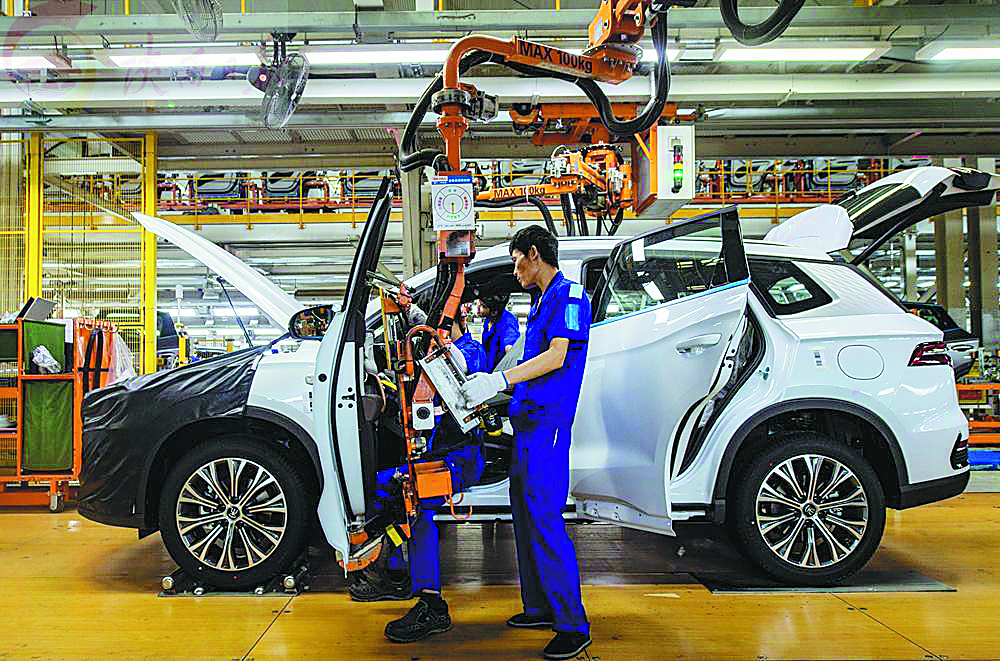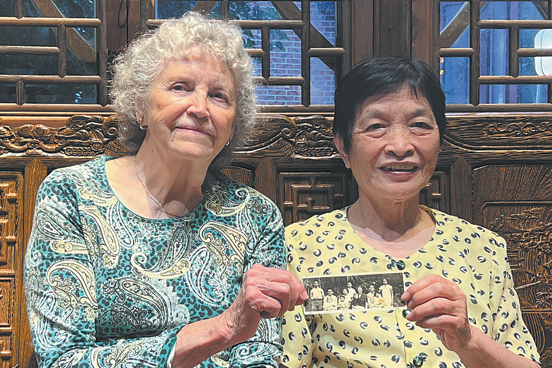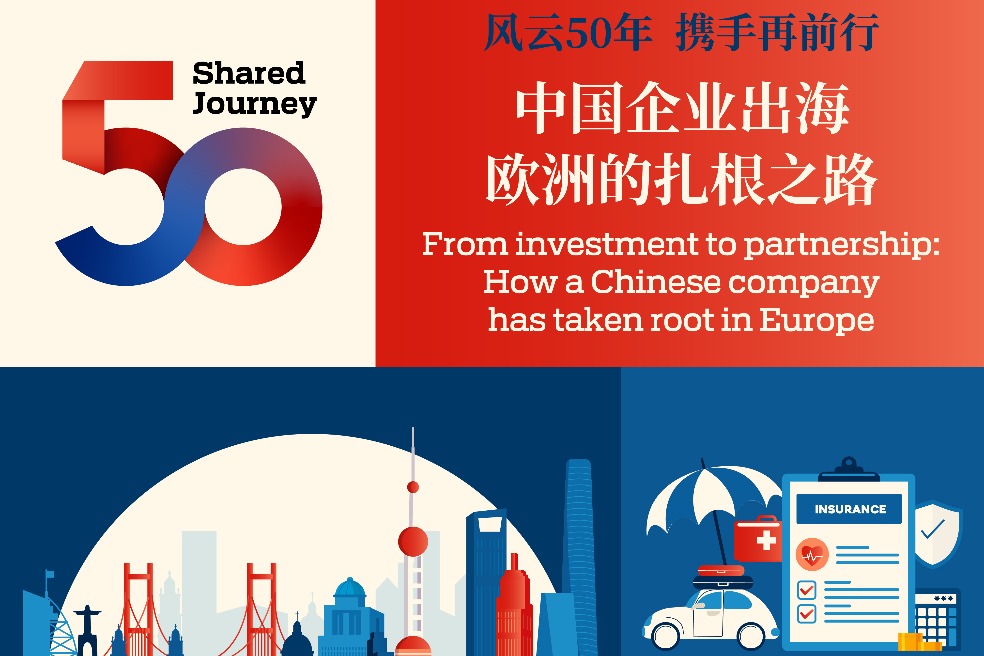Chinese marques lead NEV fast lane
By LI FUSHENG | China Daily Global | Updated: 2022-08-08 07:29

The securities firm's analytics showed that seven out of the top 10 premium models priced over 200,000 yuan ($29,608) in 2021 were from local Chinese marques, with the other three coming from Tesla and BMW.
Xu estimated that over 47 percent of Chinese EV models will be premium ones priced over 200,000 yuan by 2025.
"Prior to 2021, over 90 percent of models at this price came from international brands," he said.
Attracted to China's market, international carmakers are scaling up their investment in the country.
German carmaker Audi is investing 2.6 billion euros ($2.65 billion) in Changchun, capital of Northeast China's Jilin province, in a joint venture with FAW Group to produce EVs.
The plant, which is due to be completed by the end of 2024, is designed to produce more than 150,000 vehicles a year based on the Premium Platform Electric, or PPE, platform Audi has developed with Porsche, another German premium brand.
Markus Duesmann, chairman of Audi's board of management, said: "We are bringing PPE to China. This means electric Audi models from China, for China."
Audi China President Juergen Unser described the joint venture as an important part of the carmaker's new growth strategy in China, its largest market globally. "In the years to come, we want to put an even stronger emphasis on China. The goal of our new strategy is to make Audi in China even more Chinese."
Tesla Inc has scaled up the capacity of its Shanghai plant into the largest of its global production network. The Shanghai facility is now able to produce 750,000 vehicles annually, 100,000 units more than Tesla's Fremont plant in California.
They are followed by gigafactories in Texas and Germany, each having an annual production capacity of 250,000 units. The carmaker made the Shanghai plant a major global export hub in the middle of 2021.
In the first half, the plant produced 294,800 vehicles, of which 97,182 were shipped overseas, according to the China Passenger Car Association. Tesla's exports accounted for 48 percent of China's NEV exports from January to June, the association said.
Grace Tao, vice-president of Tesla, told reporters in June that the Shanghai plant is the carmaker's most important production center and export hub, calling Shanghai-made Tesla vehicles a "business card of Chinese manufacturing".
Tao said over 50 percent of Tesla's global deliveries in 2021 were made at the Shanghai plant, which is also the first wholly foreign-owned car-producing factory in the country.
Martin Heung, a China EV analyst at Nomura, said this is because China has developed a relatively sound production system.
"Making a car is not like making a coat. Car production requires a long supply chain ranging from glass and interior materials to electric motors and chips, especially batteries," he said.
"Over the past decade China has built a sound industrial chain, and Chinese battery makers, compared with their South Korean and Japanese rivals, have a cost advantage because of their production volume."
Of the top three battery makers globally, two are Chinese ones: CATL and BYD ranked first and third, according to SNE Research. Both are sought by international carmakers.
In late July, Ford inked an agreement with CATL to acquire battery packs for its vehicles produced in North America, China and Europe, including the electric Mustang Mach-E and the electric pickup F-150 Lightning.
CATL, the world's largest auto battery maker, said that it has also supplied EV batteries to South Korea's Kia Corp, which marked the first entry of a non-South Korean battery brand into the market.
Earlier this year, CATL received approval to produce battery cells in its factory in the German federal state of Thuringia. The new plant, CATL's first factory outside of China, has a total investment of 1.8 billion euros.
As for other battery players, BYD sells batteries to international carmakers such as Toyota, Ford and Mercedes. Volkswagen has acquired a major stake in Chinese battery maker Gotion, which was the world's seventh-largest in the first half.
Headquartered in Hefei, Anhui province, Gotion will help produce battery cells at Volkswagen's plant in Salzgitter, Germany, with production expected to start in 2025. The battery maker will serve as a technology partner "for the cell factory layout, machinery and production processes", said Volkswagen.
























